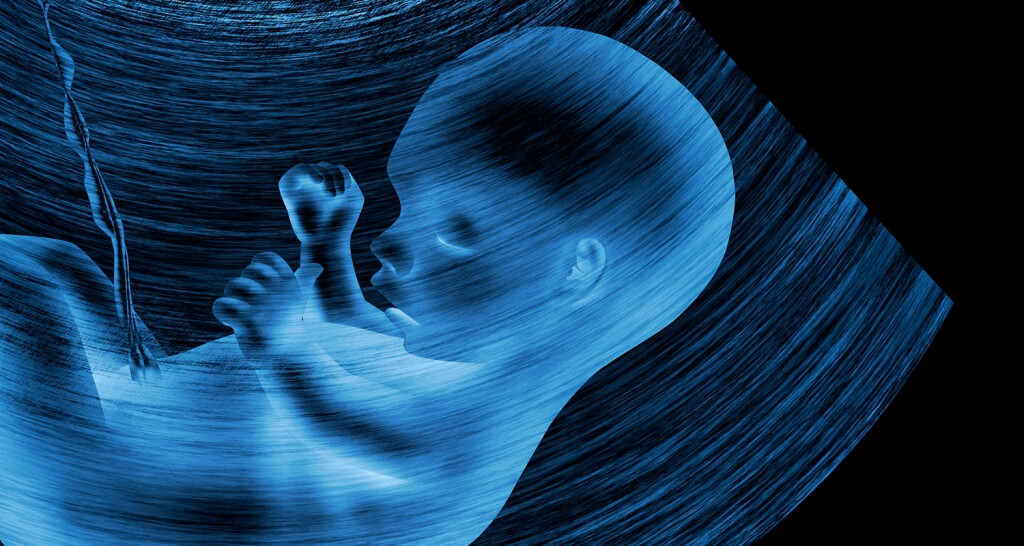Peshawar, London- Nusrat Khela Orakzai was delighted when she gave birth to a second baby boy.
The Pakistani mother in her 30s thought her family was complete now that she had two sons and as many daughters. Her husband agreed.
But the joy for the young couple from the country’s tribal region on the Afghan border proved short-lived.
While Orakzai was still recovering following the birth, the newborn baby was taken to a hospital in the north-western city of Peshawar suffering from jaundice.
Within hours, the family heard the news that still haunts the mother. The baby, just three days old, had gone missing from his hospital bed before treatment had begun.
“Had he died and we buried him, I would have gone to his grave, shed tears and vent myself … that would have been easier. But now …” Orakzai says, breaking into tears before completing her sentence.
“There hasn’t been a moment in a year-and-a-half when I forget him,” she continues. “I didn’t even see him properly before he was taken to hospital.”
According to German news agency dpa, the family has been through agony searching for the missing boy since he disappeared.
Orakzai is not the only mother in the north-western Pakistani province of Khyber-Pakhtunkhwa to have lost her newborn baby this way recently.
There are hundreds of known cases being investigated by intelligence and security agencies, said police official Malik Habib, who is leading the probe.
After months of investigatory work, police busted a gang of doctors, medics and criminals who had been stealing babies from clinics and selling them to childless couples.
“They were running a black market of newborns, selling them like a commodity,” Habib said.
Authorities traced a baby girl, who went missing from a clinic in the capital Islamabad, to Peshawar.
A telephone call from one of the kidnappers had triggered the investigation, which has lasted more than two years and involved several agencies.
Police kept many suspects under observation for several months and conducted undercover operations before raiding their premises, Habib said.
Policewomen from the special crime branch contacted clinics in the guise of pregnant women seeking abortions, a practice banned in Pakistan.
And intelligence officers pretended to be childless fathers seeking to buy a child, Habib said. “That is how we reached the entire network.”
Explaining graphic details of the crime, the officer said gynecologists in the gang would conduct illegal late-pregnancy abortions.
Whenever there was another birth at the same clinic around the same time, they would hand over the dead fetus to the parents and keep their child to be sold to customers.
The parents would never realize the baby they thought was stillborn was not their own.
A baby boy, who could fetch up to 7,000 dollars, was prized; baby girls were sold for as much as 3,000 dollars.
After the arrests, police identified hundreds of children who had been sold to childless couples.
Authorities decided not to remove the children because almost all of them were settled in good families.
Tracing the real parents would often have been difficult, even with DNA testing, because clinics either did not have records or were already closed.
“It would have opened a huge task, which we might have never been able to complete,” Habib said.
Rizwan Khan, an Islamabad-based lawyer, said a lengthy adoption procedure was one reason childless couples found it convenient to buy a baby from the black market.
“It’s too complicated and the wait is too long,” Khan said. “If you apply to adopt a kid today, you would probably get one in 20 years.”
The Khyber-Pakhtunkhwa health department has also raided several maternity homes on suspicion of involvement in stealing infants.
Zulfikar Babakhel, the spokesman for Peshawar’s Lady Ready Hospital, said clinics have been issued fresh guidelines to tighten security and improve safety arrangements including installing surveillance cameras.
Mohamed Jehangir, a doctor at the hospital, said the wrists and legs of newborns were now tagged. They are also kept under surveillance, with only a few members of the staff allowed inside the nurseries.
For Orakzai, hope remains that one day her lost child will return.
She is now suffering from diabetes caused by prolonged depression, which has also weakened her eyesight. But her eyes are fixed to the door.
